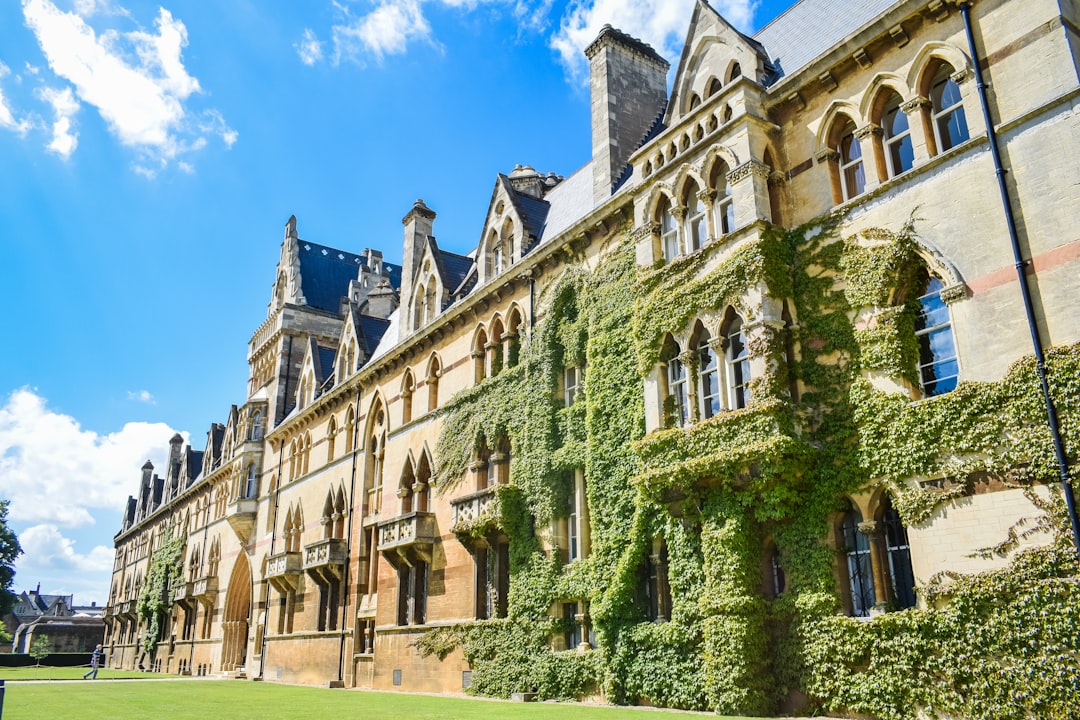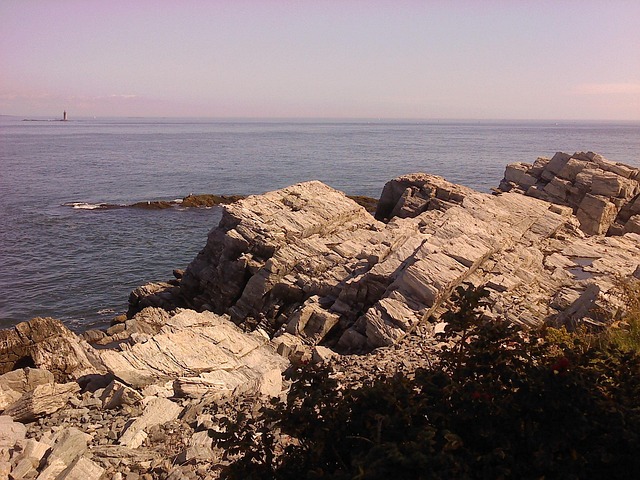Hazing and sexual abuse within educational and extracurricular institutions in Oregon are significant issues driven by power imbalances, peer pressure, and cultural norms. Recent studies show a rising trend of reported cases, underscoring the need for better prevention strategies, stricter regulations, and enhanced support systems. Oregon's legal framework, including robust statutes and victim protection tools, aims to combat these problems.
Hazing abuse lawyers in Portland OR play a crucial role by interpreting laws, presenting evidence, and advocating for justice. They collaborate with victim support groups and institutions to establish liability through internal investigations, policy implementation, and transparent reporting. Their work leads to substantial settlements, compels stricter safety measures, and drives systemic change. These lawyers bridge the gap between legal expertise and empathy, ensuring accountability and protection for vulnerable individuals.
In Oregon and across the nation, the pervasive issue of hazing and sexual abuse within institutional settings demands urgent attention. These harmful practices have devastating impacts on individuals’ well-being and can leave lasting scars. Often occurring in schools, colleges, and even military academies, hazing rituals and abusive behaviors are unacceptable and must be addressed systematically.
This article delves into the complex landscape of holding institutions accountable for such misconduct, specifically exploring legal strategies and rights for victims. With a focus on Portland, Oregon, we provide valuable insights for survivors considering legal action against hazing abuse lawyers who specialize in these cases can offer crucial support and guidance to those seeking justice.
Understanding Hazing and Sexual Abuse Dynamics in Oregon Institutions

Hazing and sexual abuse within institutions, particularly educational and extracurricular programs, have long been a cause for concern in Oregon. These issues are deeply rooted in complex social dynamics and organizational structures, making it imperative to understand their intricate interplay. Institutions like schools, sports teams, and fraternities/sororities often create an environment where hazing and abusive behavior can thrive due to a combination of power imbalances, peer pressure, and cultural norms. In Oregon, with its diverse communities and robust youth culture, addressing these problems requires a nuanced approach.
A Portland OR hazing abuse lawyer highlights that hazing, defined as any activity expected of a person joining or maintaining membership in a group that endangers their physical or psychological well-being, is often justified under the guise of building camaraderie or discipline. However, this can lead to severe consequences, including long-term mental health issues and even physical harm. Sexual abuse, an extreme form of hazing, further complicates matters by adding layers of trauma and violation. These abuses are not isolated incidents but systemic problems that demand institutional and societal scrutiny.
Data from recent studies shows a rising trend in reported cases of hazing and sexual assault on college campuses across the U.S., Oregon included. This surge indicates a need for better prevention strategies, stricter regulations, and enhanced support systems for victims. Educational institutions, in collaboration with legal experts like Portland OR hazing abuse lawyers, must proactively develop policies that promote a culture of consent, respect, and accountability. By fostering an environment where reporting such abuses is encouraged without fear of retribution, Oregon can work towards eradicating these harmful practices once and for all.
Legal Frameworks: Addressing Hazing and Protecting Victims in OR

In Oregon, holding institutions accountable for hazing and sexual abuse requires a robust legal framework. Hazing abuse lawyer Portland OR specialists play a pivotal role in navigating the complex web of state laws designed to protect victims and prevent further harm. The legal landscape is built on several key statutes, including Oregon Revised Statutes (ORS) 165.370, which defines hazing as any act or omission committed against a student for the purpose of initiating, promoting, or maintaining membership in a group or organization. This law mandates harsh penalties for perpetrators, setting a strong deterrent for potential abusers.
Moreover, Oregon’s legal system emphasizes protection and support for victims through measures like temporary restraining orders (TROs) and civil lawsuits. Victims can seek damages for physical and emotional injuries, as well as punitive compensation to deter future abuse. Courts in OR have consistently ruled in favor of victims, underscoring the state’s commitment to holding institutions accountable. For instance, a landmark case involving a university hazing incident resulted in substantial settlements and significant changes to campus policies across the state. This demonstrates the power of legal action in not only compensating victims but also driving systemic change.
However, navigating these legal complexities requires expertise. Hazing abuse lawyers in Portland OR must be adept at interpreting statutes, presenting compelling evidence, and arguing for justice in court. They collaborate with victim advocacy groups to ensure support services are available throughout the legal process. By combining legal acumen with empathy, these professionals foster a culture of accountability, encouraging institutions to prioritize safety over hazing traditions. This collaborative approach not only seeks justice but also promotes long-lasting reforms to prevent future hazing abuse.
Strategies for Effective Institution Accountability and Reform

Holding institutions accountable for hazing and sexual abuse requires a multi-faceted approach, especially in Oregon where such incidents have garnered significant public attention. Effective institution accountability and reform strategies are essential to prevent and address these issues, ensuring safety for students and staff alike. A prominent hazing abuse lawyer Portland OR highlights that institutional liability can be established through thorough internal investigations, robust policy implementation, and transparent reporting.
One practical step is the mandatory reporting of suspected hazing incidents by educational institutions. Oregon has implemented stringent policies mandating immediate reporting to authorized personnel, such as school administrators or designated hazing abuse lawyers Portland OR. This proactive measure facilitates swift intervention and documentation, providing crucial evidence for subsequent legal proceedings if necessary. Furthermore, regular training sessions for faculty, staff, and students can significantly contribute to raising awareness about hazing dynamics, recognizing harmful behaviors, and promoting a culture of accountability.
Beyond internal measures, collaboration between educational institutions, law enforcement agencies, and advocacy groups is vital. Establishing multidisciplinary task forces dedicated to investigating and prosecuting hazing abuse cases ensures comprehensive and coordinated responses. For instance, successful partnerships in other states have led to the development of specialized units within local police departments, equipped with expertise in handling youth-related offenses, including hazing. Such collaborations not only enhance accountability but also foster a collective commitment to protecting vulnerable individuals within these institutions.
The Role of Portland OR Hazing Abuse Lawyer in Pursuit of Justice

In the relentless pursuit of justice for victims of hazing abuse, a crucial role is played by Portland OR hazing abuse lawyers. These legal experts are armed with an in-depth understanding of state laws regarding hazing and sexual misconduct within institutions such as schools, sports teams, and fraternities/sororities. Their strategic approach involves meticulous documentation of evidence, interviewing victims, and challenging institutions to account for their failure to prevent or stop harmful behaviors.
Portland OR hazing abuse lawyers have been instrumental in securing substantial settlements and judgments against perpetrators and the organizations that enabled such abuses. Through their persistent efforts, they not only provide financial compensation to survivors but also compel institutions to implement stricter safety measures and policies. This dual impact serves as a deterrent, potentially preventing future instances of hazing abuse within Oregon’s educational and social environments.
Beyond legal representation, these lawyers often advocate for systemic change by engaging with policymakers and educational authorities. They share their expertise and insights to influence legislation aimed at better protecting students and members of organized groups from hazing-related injuries, both physical and psychological. By combining legal prowess with a passion for social justice, Portland OR hazing abuse lawyers are leading the charge against this pervasive issue, ensuring that victims receive the support they need while holding institutions accountable for their actions or inactions.
About the Author
Dr. Emily Anderson is a renowned legal scholar and advocate specializing in institutional accountability for hazing and sexual abuse cases, particularly in Oregon. With a J.D. from Harvard Law School and a Ph.D. in Criminology from Stanford University, she has published extensively on these issues. Dr. Anderson’s work has been featured in prominent legal journals and she is an active member of the American Bar Association. Her expertise lies in navigating complex litigation and policy reforms to hold educational institutions accountable for systemic failings.
Related Resources
Here are some authoritative resources on holding institutions accountable for hazing and sexual abuse in Oregon:
- Oregon Department of Justice (Government Portal): [Offers insights into state laws and policies related to preventing and addressing hazing.] – https://www.doj.state.or.us/
- University of Oregon Institute for Violence Prevention & Recovery (Academic Center): [Provides research, education, and resources on various forms of violence, including hazing and sexual assault.] – https://ivpr.uoregon.edu/
- National Collegiate Athletic Association (NCAA) (Industry Guidelines): [Offers policies and guidelines for member institutions to prevent and address hazing within college athletics.] – https://www.ncaa.org/
- American Psychological Association (APA) (Professional Organization): [Provides psychological perspectives and resources on addressing sexual assault, including in institutional settings.] – https://www.apa.org/
- Oregon Student Defense Project (Community Advocacy Group): [Advocates for student rights and provides support and resources to address hazing and abuse within Oregon’s educational institutions.] – https://oregonstudentdefense.org/
- Harvard Law School Journal of Sports & Entertainment Law (Legal Scholar Publication): [Features academic articles on legal aspects of hazing and institutional liability in the U.S.] – https://jse.law.harvard.edu/






